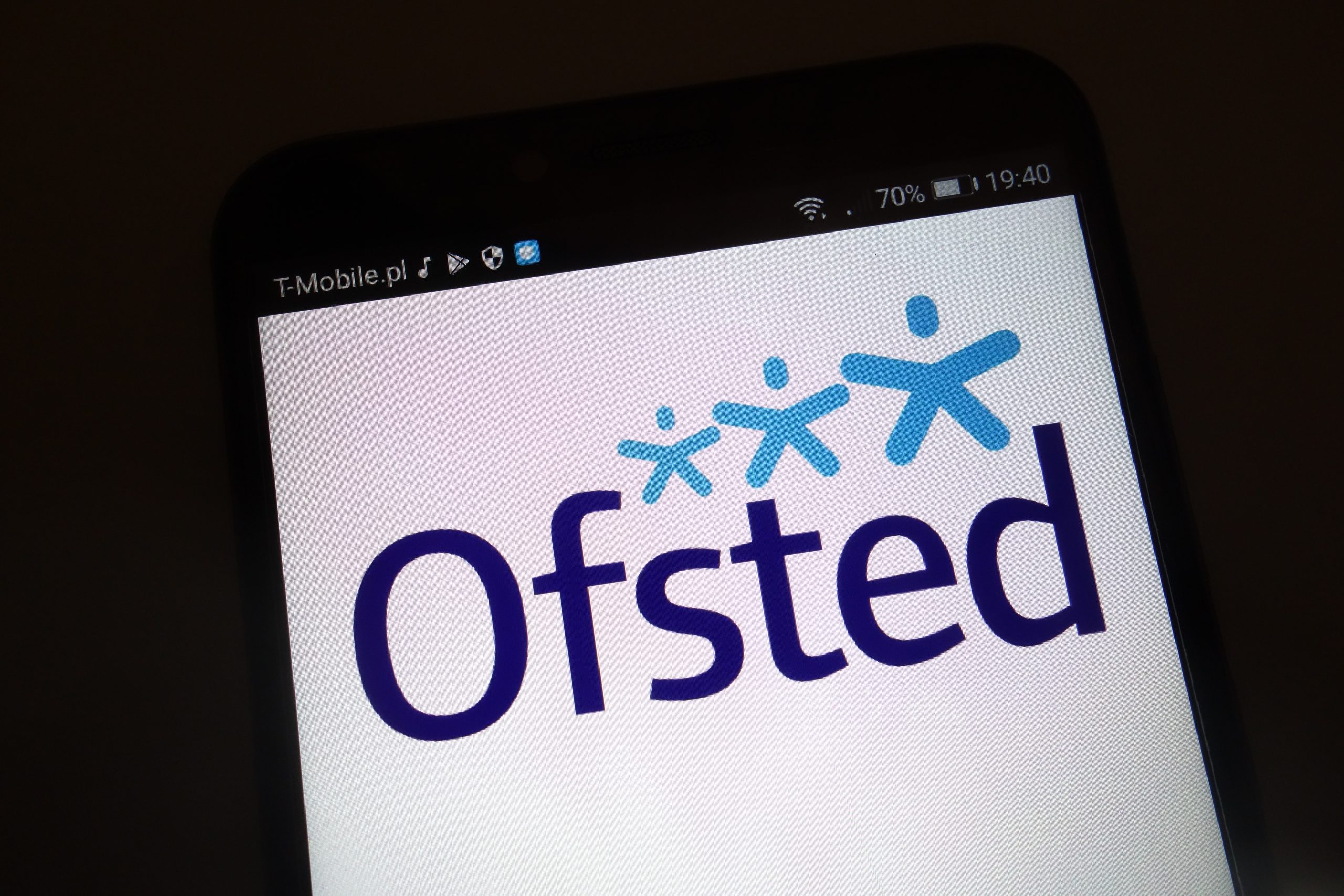Overview of Recent Changes in Ofsted’s Inspection Handbook and Inspection Process for the New Academic Year
As schools welcome back pupils and teachers for the start of a new academic year, it’s crucial to stay informed about the substantial revisions introduced in Ofsted’s school inspection handbook and the evolving inspection procedures.
In June 2023, Ofsted made a commitment to implement several changes in how they conduct inspections and report findings, particularly with a focus on safeguarding, the guidance was updated on the 11th August 2023 and came in to effect on the 1st September 2023. This is a reminder of this update and we strongly recommend reading and familiarising yourself with these updates in full.
This blog aims to provide an overview of these changes and other updates that educators and schools should be aware of.
The changes include;
- Changes and clarifications around safeguarding
- What Ofsted mean when they refer to leadership and governance
- Who can participate in deep dives and other inspection activities
- How attendance and behaviour is evaluated
Link to Ofsted Guidance
and a helpful summary of the changes are below:
https://www.gov.uk/government/publications/school-inspection-handbook-eif/summary-of-changes
**Safeguarding Enhancements**
**Clarifying Ineffective Safeguarding**: Ofsted has taken significant steps to ensure that their judgments regarding safeguarding are unambiguous. They have clarified the definition of ineffective safeguarding, offering schools a clearer understanding of this critical aspect of the inspection process.
**Defining a ‘Culture of Safeguarding’**: The concept of a ‘culture of safeguarding’ has been consolidated into a single, concise definition. During inspections, this definition guides the assessment of a school’s approach to safeguarding, emphasizing the importance of fostering an open and positive culture that prioritizes students’ well-being and protects them from serious harm.
**Minor Safeguarding Improvements**: Ofsted now provides more clarity on what qualifies as minor safeguarding improvements. These are issues that do not immediately impact student safety, such as paperwork errors or outdated policies. Schools are encouraged to address these minor improvements even during the inspection process. Identifying minor safeguarding issues will not hinder a school’s ability to achieve a ‘good’ or ‘outstanding’ rating.
**Early Monitoring Inspections**: For schools judged ‘inadequate’ due to ineffective safeguarding alone, Ofsted will conduct a monitoring inspection within three months. This process primarily assesses whether safeguarding has become effective. If the school has resolved its safeguarding concerns, its overall rating is likely to improve.
**Leadership and Governance Clarifications**
Throughout the new handbook, Ofsted has provided clearer definitions of ‘leaders’ in both maintained schools and academies. Leaders include those responsible for decision-making related to the school’s operations, including behaviour and the curriculum. This encompasses the headteacher, senior staff, and trust-level leaders in academies.
When a school is part of a trust, the board of trustees holds legal responsibility for governance. Inspectors are expected to engage with the chair and other trustees, as well as trust employees. The specific individual’s inspectors meet with will depend on the academy’s trust, following discussions with school leaders.
**Quality of Education**
In this section, Ofsted has outlined who may participate in inspection activities, such as deep dives. Middle leaders may be accompanied by a colleague for subject discussions, lesson visits, and work scrutiny, as long as this does not hinder their full participation. Inspectors will also typically meet with groups of pupils independently, allowing students to express themselves freely. Additionally, staff will have the opportunity to converse openly with inspectors without senior colleagues present.
**Attendance and Behaviour**
Ofsted has introduced new sections detailing how inspectors will assess attendance and behaviour, taking into account the changing educational landscape post-pandemic. Schools are expected to do their utmost to improve attendance and behaviour, and Ofsted will evaluate a school’s capacity to effect change, offering a clear definition of this capacity.
**Other Guidance Updates**
Ofsted has implemented various smaller updates to its guidance that school leaders should be aware of, including:
– Conduct during inspections for both inspectors and schools.
– Clarity on sharing inspection outcomes and findings with appropriate parties.
– A reminder for secondary schools that teaching relationships and sex education includes sixth-form students.
– A broader definition of ‘off-rolling’ encompassing sixth-form pupils and situations where students are not formally removed from the roll but are not allowed to attend school.
As the new academic year begins, we wish everyone in the education community the best and extend our gratitude for your dedicated work.

